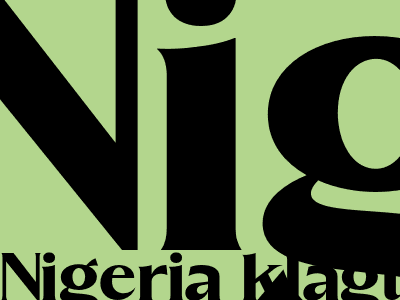
Nigeria Charges 76 Suspects, Including Minors, With Treason After August Riots
Dozens of People Accused of Plotting to Overthrow the Government
Nigerian authorities have charged 76 people, including several minors, with treason after August protests turned deadly. The charges stem from riots that erupted in response to the arrest of a separatist leader.
Background of the Protests
The protests began on August 9 in the southeastern city of Enugu after the arrest of Nnamdi Kanu, the leader of the Indigenous People of Biafra (IPOB). IPOB is a separatist group that seeks to create an independent state for the Igbo people in southeastern Nigeria.
Violence and Destruction
The protests quickly turned violent, with demonstrators clashing with security forces. At least 21 people were killed in the unrest, and many more were injured. Protesters also looted and burned buildings, including government offices and police stations.
Government Response
The Nigerian government has accused IPOB of orchestrating the violence and has vowed to crack down on the group. In addition to the treason charges, authorities have also arrested several IPOB members and frozen the group's assets.
Concerns Over Human Rights
Human rights groups have expressed concern over the Nigerian government's response to the protests. Amnesty International has accused security forces of using excessive force and arbitrary arrests. The group has also called for the release of the minors who have been charged with treason.
Ongoing Tensions
The charges and arrests have further escalated tensions in southeastern Nigeria. IPOB has vowed to continue its campaign for independence, and there are concerns that further violence could erupt.
The Nigerian government is facing a delicate balancing act. It needs to maintain security and prevent further violence, but it also needs to respect the rights of protesters and avoid alienating the Igbo population.
The situation in southeastern Nigeria is complex and fluid. It is too early to say how the government's response will affect the long-term stability of the region.